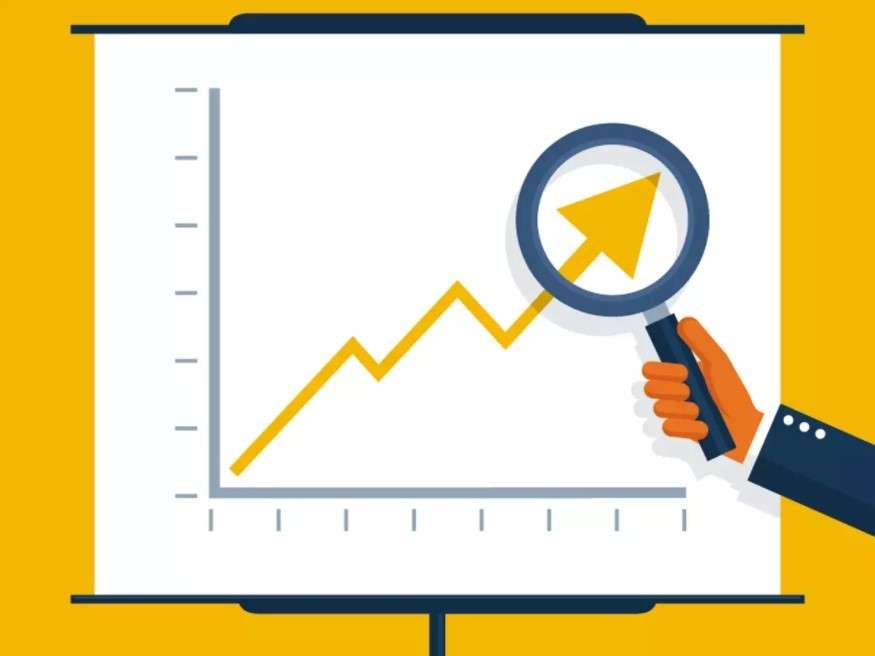Introduction
Money management for teens is a unique subject that requires a specific touch. Being a young adult is a time to be independent, and that also entails financial independence. When young, you may have studied personal finance in school and your experience may be limited. But in the real world, things can get complicated. Here are 8 Financial Tips for Young Adults.
Budgeting
To budget implies rationing out your spending power intelligently. The first step to budgeting entails setting aside money for your essentials which include food, rent, electricity and other monthly bills.
When managing your own money, it is first important to be honest with yourself. If you’re a newly working professional taking stock of your income, your expenses, and (potentially) debts is a good starting point. College students and even teenagers can compare what their expenses are versus their allowances.
Budgeting can also help pay off existing debt that many fresh graduates have such as student loans and car loans. Related to the previous point, budgeting also helps pay off your credit card debt.
Try the 50/30/20 rule as a simple budgeting framework:
- Allow up to 50% of your income for needs.
- Leave 30% of your income for wants.
- Commit 20% of your income to savings and debt repayment.
Invest Now
To determine the right funds to invest in, it is important to find a platform you can trust. With the growth of fintech in India, there are now several apps to choose from. Some of these platforms can provide investment advisory services, which means they will help assess your risk and provide a recommendation for your investments.
Being young and able to take on a longer investment horizon, you can have a higher risk tolerance because of more recovery time if losses occur.
Investing doesn’t only mean financially! As you are still young, you can still explore and have the time to obtain many different skillsets. Invest in your skills to earn a higher income in the future.
Insurance
As a young adult, now is a great time to get insured. Here are some reasons why:
- Lower premium.
- May not have accumulated significant emergency funds to deal with unexpected financial setbacks.
- Have debts and do not want to further pile on them.
- Have family medical history.
- Want to be financially independent to ease parents’ burden.
Save For a Rainy Day
Life can be unexpected. While it’s important to not harp on that, it is equally important to ensure that you are prepared for such moments. Saving money is a step in the right direction that can help provide a cushion during an unforeseen financial crisis.
An emergency fund can help you navigate through a rainy day. It must have high liquidity so that you can withdraw/redeem your money in 24-48 hours. Furthermore, emergency funds are generally low-risk investments like liquid funds.
Saving money need not be just for a crisis. Many of us have dreams for a bright future- a master’s degree abroad, a first car, first home, kids, and eventually a happy retirement. But these all come with planning.
Debt Dealing
There are two kinds of debts one can incur, necessary and unnecessary. With necessary debts, you’re borrowing money to buy an asset that usually provides a long-term benefit. Take education for example. With the rising costs of tuition fees, it might not be possible for you to save and invest the entire amount you need. This could result in taking an education loan, which you will be responsible for paying off after you finish your degree.
Conversely, buying a new mobile phone each year and having to pay high monthly instalments or EMIs is unnecessary. While easy EMI and pay-later options have given us great convenience, that convenience tends to put most in unnecessary, avoidable debt.
The Power of Compound Interest
Your teen now understands why they should use a high-interest savings account. After all, teens love money! Why should they settle for a local bank only giving a few pennies of interest when an online bank lets you earn Rupees?
Now it’s time to show them the power of compound interest. When they invest money, and it starts making money, they’ll keep earning interest on top of interest. If they leave the money invested over several decades, they’ll see the “magic” or power of compounding – even if they never add more money to the initial investment.
If they don’t believe you, show them a graph from investor.gov of a $10,000 investment at 4% interest compounded monthly over 30 years by using their compound interest calculator. Without adding any more money to the investment, the $10,000 grows to almost $34,000.
Entrepreneur Without Debt
Some teens are natural entrepreneurs and have terrific ideas for starting small businesses. But they may spend time online trying to figure out how to grow their business – including spending too much money to get their business started.
You don’t want to dampen your child’s enthusiasm by only talking about money. But you also don’t want your teen (or yourself) to take on too much debt before you know that they’ll stick with the business. And that it will be profitable.
Know Your Taxes
We’ve spoken about how to manage money in your 20s as a young adult. But there’s a particular concept in it that everyone dislikes mostly because it’s:
- Complex
- Tedious
- Costly
No points for guessing – it’s called “tax”. Because you’re reading this article, it’s safe to assume that you want to invest your wealth. This means you’ll have to stay on top of two types of taxes:
- Income tax: paid on earning a salary
- Capital gains tax: paid on earning gains from investments
Conclusion
Being a young adult is an important period that will set the tone for the rest of your financial future. Start building habits early so they are ingrained for the rest of adulthood. Taking control and managing your finances well is part of the journey to adulthood and financial independence of not relying on someone else’s income.




